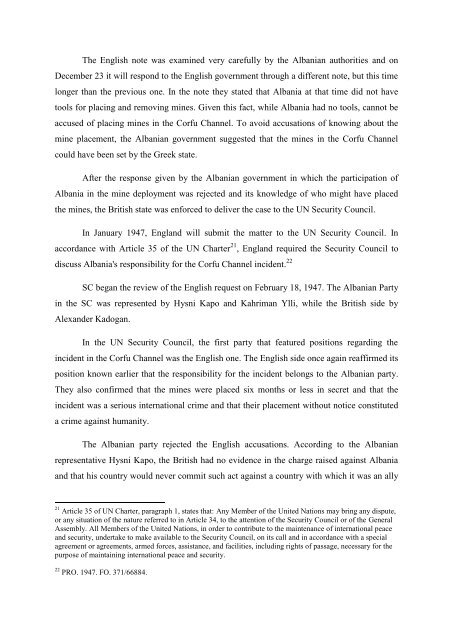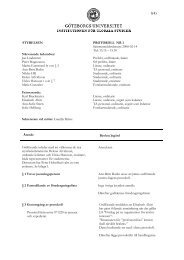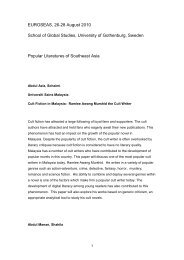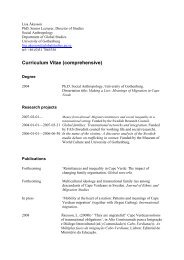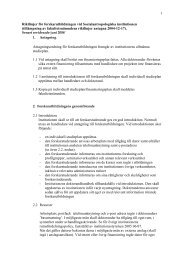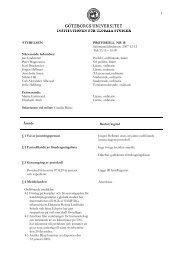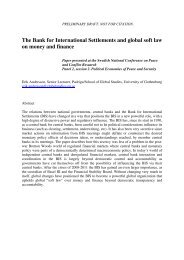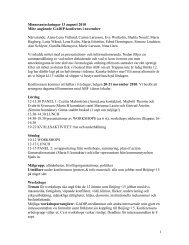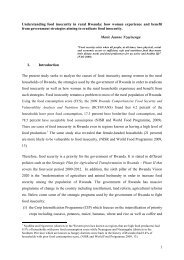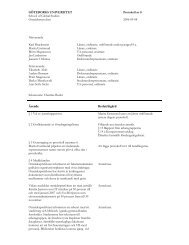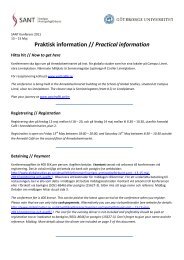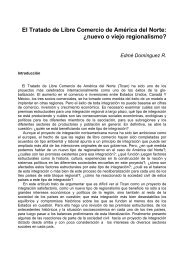The Corfu Channel Case Bujar AHMEDI Shefik SHEHU
The Corfu Channel Case Bujar AHMEDI Shefik SHEHU
The Corfu Channel Case Bujar AHMEDI Shefik SHEHU
Create successful ePaper yourself
Turn your PDF publications into a flip-book with our unique Google optimized e-Paper software.
<strong>The</strong> English note was examined very carefully by the Albanian authorities and on<br />
December 23 it will respond to the English government through a different note, but this time<br />
longer than the previous one. In the note they stated that Albania at that time did not have<br />
tools for placing and removing mines. Given this fact, while Albania had no tools, cannot be<br />
accused of placing mines in the <strong>Corfu</strong> <strong>Channel</strong>. To avoid accusations of knowing about the<br />
mine placement, the Albanian government suggested that the mines in the <strong>Corfu</strong> <strong>Channel</strong><br />
could have been set by the Greek state.<br />
After the response given by the Albanian government in which the participation of<br />
Albania in the mine deployment was rejected and its knowledge of who might have placed<br />
the mines, the British state was enforced to deliver the case to the UN Security Council.<br />
In January 1947, England will submit the matter to the UN Security Council. In<br />
accordance with Article 35 of the UN Charter 21 , England required the Security Council to<br />
discuss Albania's responsibility for the <strong>Corfu</strong> <strong>Channel</strong> incident. 22<br />
SC began the review of the English request on February 18, 1947. <strong>The</strong> Albanian Party<br />
in the SC was represented by Hysni Kapo and Kahriman Ylli, while the British side by<br />
Alexander Kadogan.<br />
In the UN Security Council, the first party that featured positions regarding the<br />
incident in the <strong>Corfu</strong> <strong>Channel</strong> was the English one. <strong>The</strong> English side once again reaffirmed its<br />
position known earlier that the responsibility for the incident belongs to the Albanian party.<br />
<strong>The</strong>y also confirmed that the mines were placed six months or less in secret and that the<br />
incident was a serious international crime and that their placement without notice constituted<br />
a crime against humanity.<br />
<strong>The</strong> Albanian party rejected the English accusations. According to the Albanian<br />
representative Hysni Kapo, the British had no evidence in the charge raised against Albania<br />
and that his country would never commit such act against a country with which it was an ally<br />
21 Article 35 of UN Charter, paragraph 1, states that: Any Member of the United Nations may bring any dispute,<br />
or any situation of the nature referred to in Article 34, to the attention of the Security Council or of the General<br />
Assembly. All Members of the United Nations, in order to contribute to the maintenance of international peace<br />
and security, undertake to make available to the Security Council, on its call and in accordance with a special<br />
agreement or agreements, armed forces, assistance, and facilities, including rights of passage, necessary for the<br />
purpose of maintaining international peace and security.<br />
22 PRO. 1947. FO. 371/66884.


